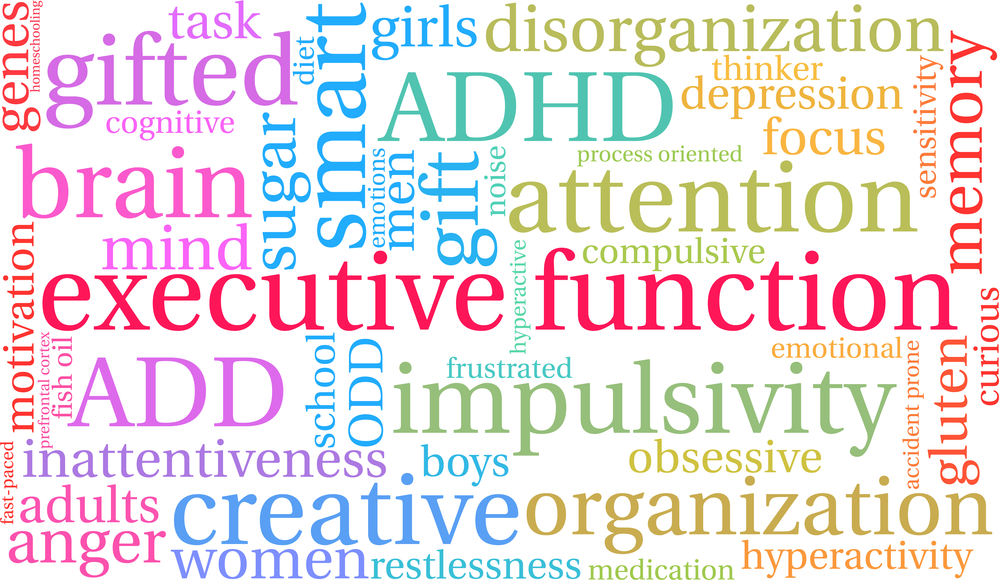Improving Student Engagement in Homeschool Environments
Student engagement is at the heart of any successful learning experience, and this holds especially true in homeschool environments. In these settings, parents and guardians play a dual role as educator and facilitator, responsible for fostering a love of learning in their children. When students are engaged, they are more likely to retain information, develop critical thinking skills, and build a foundation of knowledge that will serve them throughout their lives. Sometimes, however, engagement can be challenging to maintain, especially when learning takes place in a home environment with unique distractions and challenges. Fortunately, there are many tactics parents can use to create an engaging,...
Executive Assistant (Hybrid, Georgia) – Nonprofit, Education & Grant Management Role
Executive Assistant (Hybrid, Georgia-Based) – Nonprofit & Education Focus 📍 Location: Rockdale County, GA (Hybrid – Remote & In-Person as Needed)💼 Job Type: 1099 Contract | Executive Assistant | Nonprofit | Education | Remote Work💰 Salary: Competitive, Based on Experience🗓️ Application Deadline: Open Until Filled About The Dr. Annise Mabry Foundation The Dr. Annise Mabry Foundation is a leading Georgia-based nonprofit dedicated to education access, job training, and community empowerment. We specialize in helping at-risk youth and underserved communities through initiatives like: Tiers Free Homeschool Cooperative – A trauma-informed homeschool program for students who struggle in traditional academic settings. Rural Communities Diploma Program – A high school...
Tackling Environmental Racism and Inequalities: How Environmental Education Promotes Community Empowerment
Environmental racism and inequalities affect countless communities worldwide, yet many students have limited exposure to these crucial topics in their formal education. Raising awareness and understanding through environmental education empowers individuals to advocate for fair environmental policies and promotes a sustainable future. By teaching children and young adults about these issues, we can foster a generation of informed citizens equipped to challenge these injustices and inspire positive change. Understanding Environmental Racism and Environmental Inequalities Environmental racism refers to the disproportionate impact of environmental hazards on communities of color, often due to historical and systemic injustices. For example, Black, Indigenous, and other marginalized communities frequently bear the...
Technology in Education and Homeschooling
From online resources to interactive learning platforms, technology is transforming how students learn, engage with content, and prepare for the future. Whether in traditional classrooms or homeschool settings, embracing technology is essential for equipping students with the skills they need to succeed in the digital age. The Importance of Technology Education As the world becomes increasingly digitized, students need to develop strong tech skills to thrive in the workforce and participate in a global society. Technology enables personalized learning, giving students access to resources that meet their unique needs and learning styles. Interactive platforms, educational apps, and digital textbooks allow learners to engage with material in...
How to Develop Effective Study Habits: Tips for Students of All Ages
For students in any environment or circumstance — whether they’re in a traditional classroom, attending homeschool, or pursuing self-directed studies — developing effective study habits can significantly impact academic success and personal growth. In this article, we’ll explore the importance of good study habits, delve into popular studying techniques, and offer practical tips for students of all ages and educational environments. The Importance of Good Study Habits Good study habits form the foundation of academic achievement. They help students manage their time effectively, retain information better, and reduce stress. Establishing a routine, setting specific goals, and using proven study methods can lead to higher grades, greater...
The Role of Extracurricular Activities in Homeschooling: Why They’re Important
Extracurricular activities play a vital role in the holistic development of students, offering experiences that extend beyond the classroom. While homeschooling allows for a personalized and flexible approach to education, it's essential not to overlook the importance of these activities. For homeschool students, extracurricular activities are more than just a break from academics — they're an opportunity to develop social skills, discover new passions, and build a well-rounded education. The Benefits of Extracurricular Activities for Homeschool Students Socializing and Networking One of the common concerns about homeschooling is the potential lack of social interaction. Extracurricular activities offer a solution by providing opportunities for homeschool students to meet...
The Importance of Critical Thinking and How to Teach It in Homeschool
Critical thinking is a crucial skill students need to develop in order to navigate the complexities of the modern world. In a homeschool environment, parents have a unique opportunity to foster these skills, creating an educational experience that prepares their children for success both academically and in life. This article will define critical thinking, explore why it is essential, particularly for students, and offer strategies for teaching it effectively in a homeschool setting. What Is Critical Thinking? Critical thinking is the ability to analyze information objectively and make a reasoned judgment. It involves evaluating sources of information, such as data, facts, observable phenomena, and research findings....
National ADHD Awareness Month: Empowering Students With ADHD
October is National ADHD Awareness Month, a time dedicated to raising awareness about attention-deficit/hyperactivity disorder (ADHD) and promoting understanding of the challenges faced by those living with the condition. This month, let’s take a closer look at ADHD, why awareness is essential, the challenges faced by students with ADHD, and strategies to help them thrive in their educational journeys. What Is ADHD? ADHD is a common neurodevelopmental disorder typically diagnosed in childhood and often persisting into adulthood. In the US, an estimated seven million children aged 3-17 have been diagnosed with ADHD. The primary symptoms of ADHD include inattention, hyperactivity, and impulsivity. While often associated with behavioral...
How to Advocate for Yourself as a Homeschool High School Graduate
As a homeschool graduate, you may face challenges when presenting your high school diploma, especially when institutions, employers, or organizations don’t fully understand the legal framework behind homeschooling. Several homeschool graduates have even been told that they needed to get a GED. Getting a GED after you’ve already graduated as a homeschool student can unintentionally suggest that your homeschool diploma is not “enough” or that it lacks legitimacy. In reality, your homeschool diploma already provides the necessary proof of your education, and getting a GED might signal that your education was incomplete—when it wasn’t. Knowing how to advocate for yourself is critical to ensuring your diploma...
National Suicide Prevention Month: Fostering Student Mental Health and Exploring Homeschool as a Safe Haven
September marks National Suicide Prevention Month, a crucial time to raise awareness about the pervasive issue of suicide, particularly among students. Suicide is the third leading cause of death for adolescents aged 15 to 19, highlighting the urgent need for comprehensive strategies to prevent suicidality in schools. This article will explore the state of student mental health, outline effective suicide prevention strategies, and discuss homeschooling as a safe alternative to traditional schooling. Understanding Suicidality in Schools The pressures of academic performance, social dynamics, and personal struggles can create a challenging environment for students. The COVID-19 pandemic has exacerbated these pressures, leading to increased reports of anxiety,...






